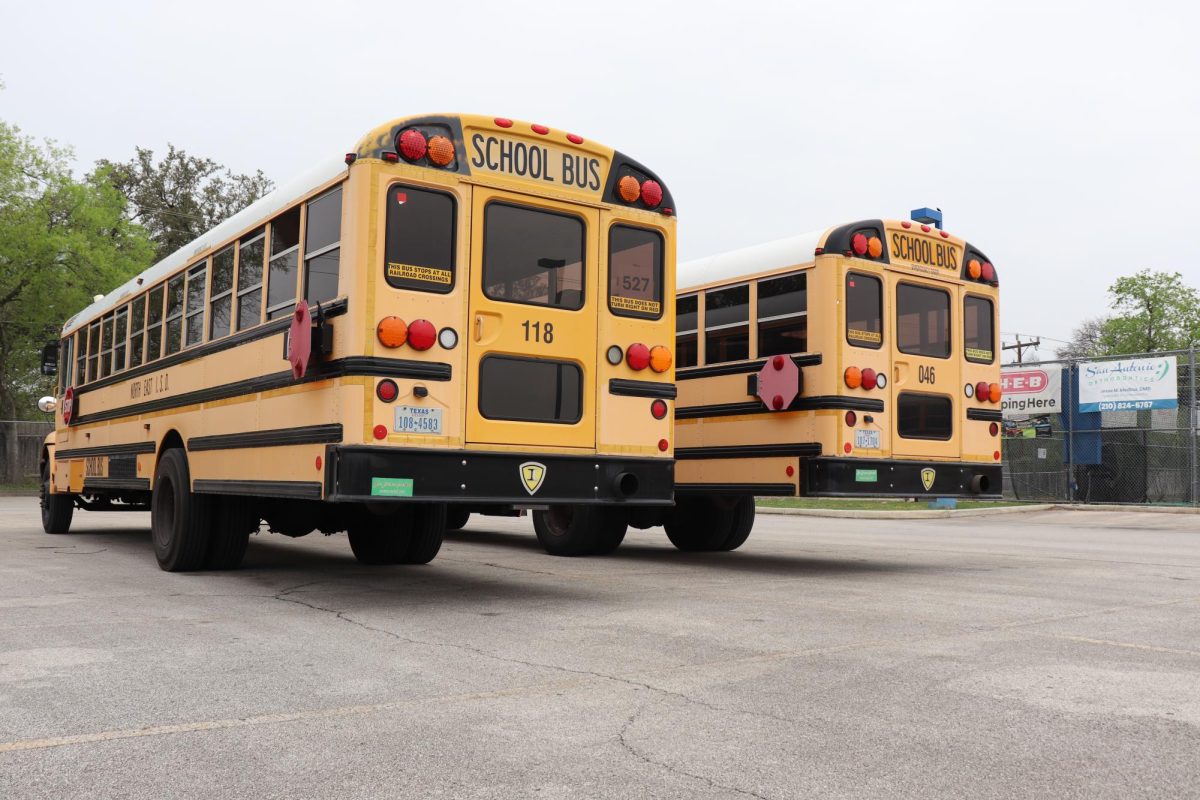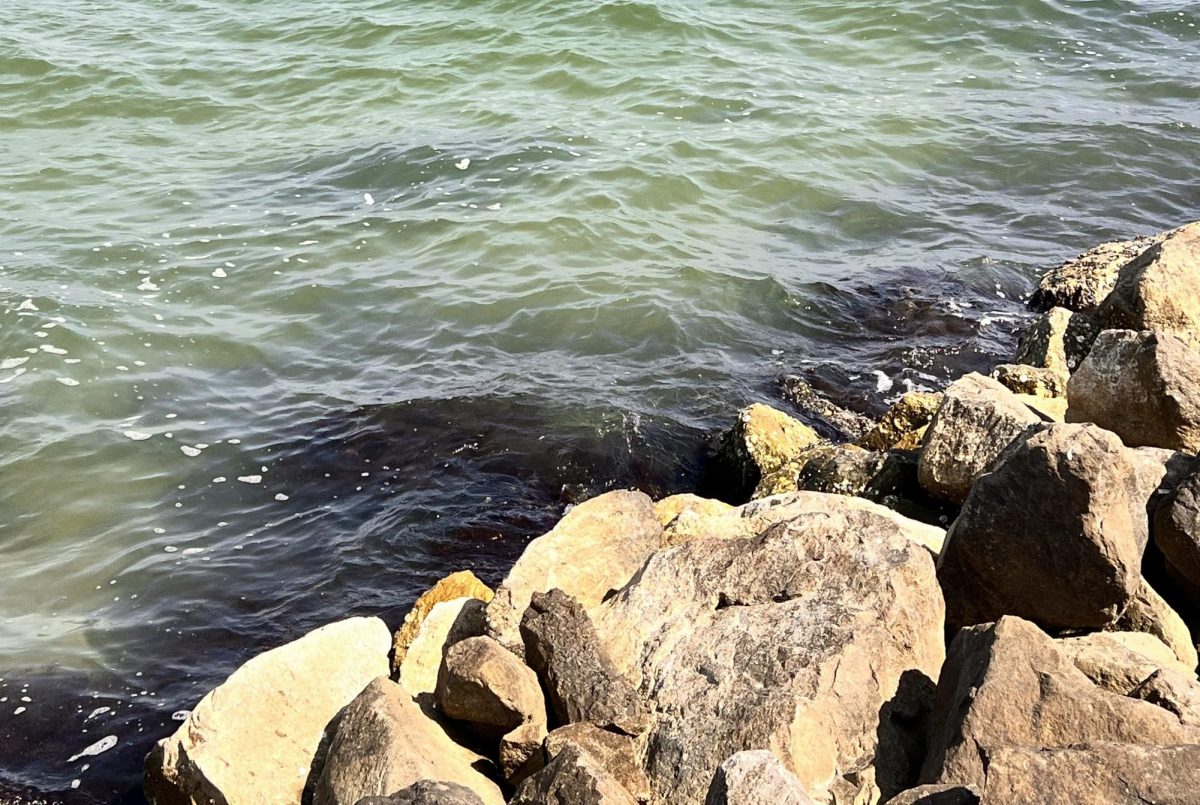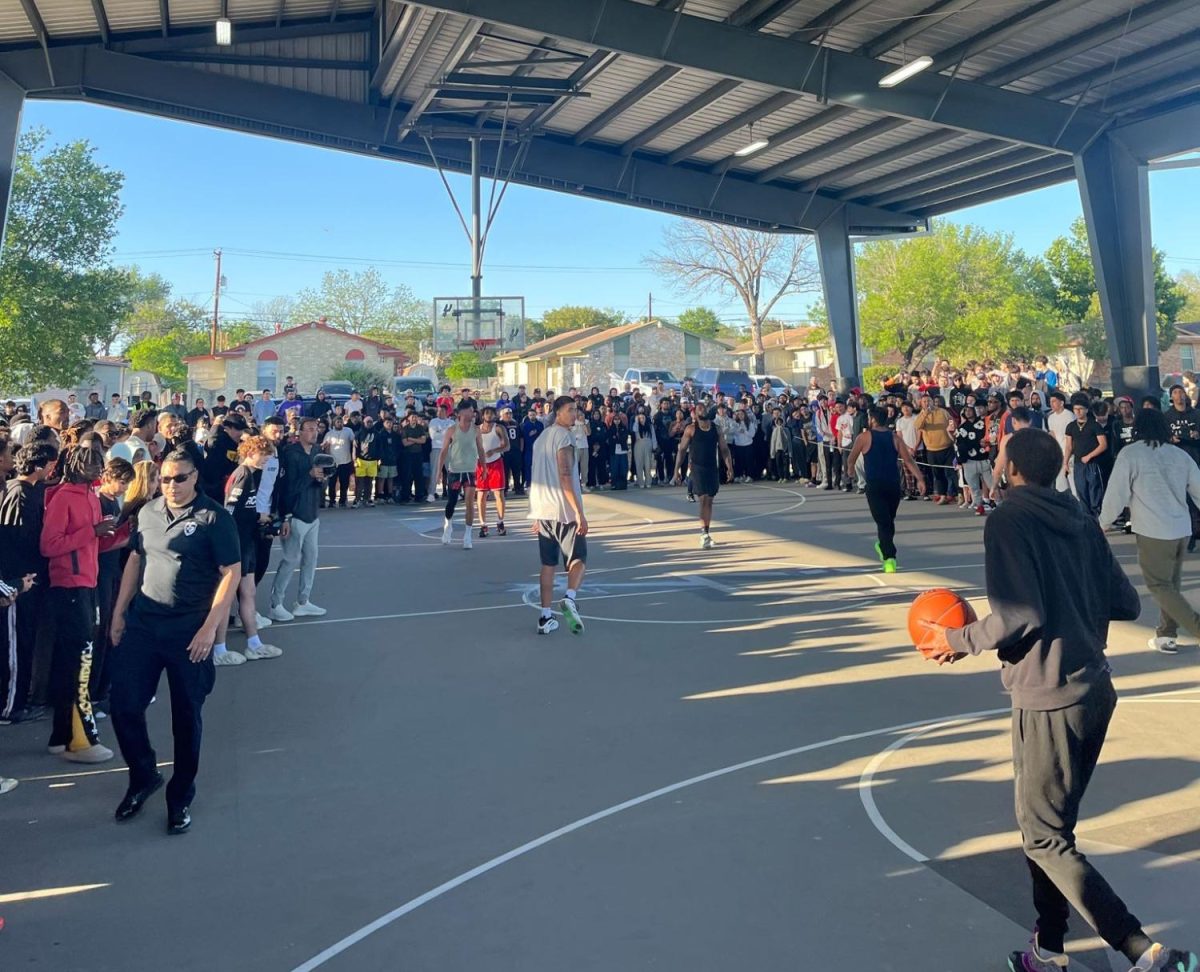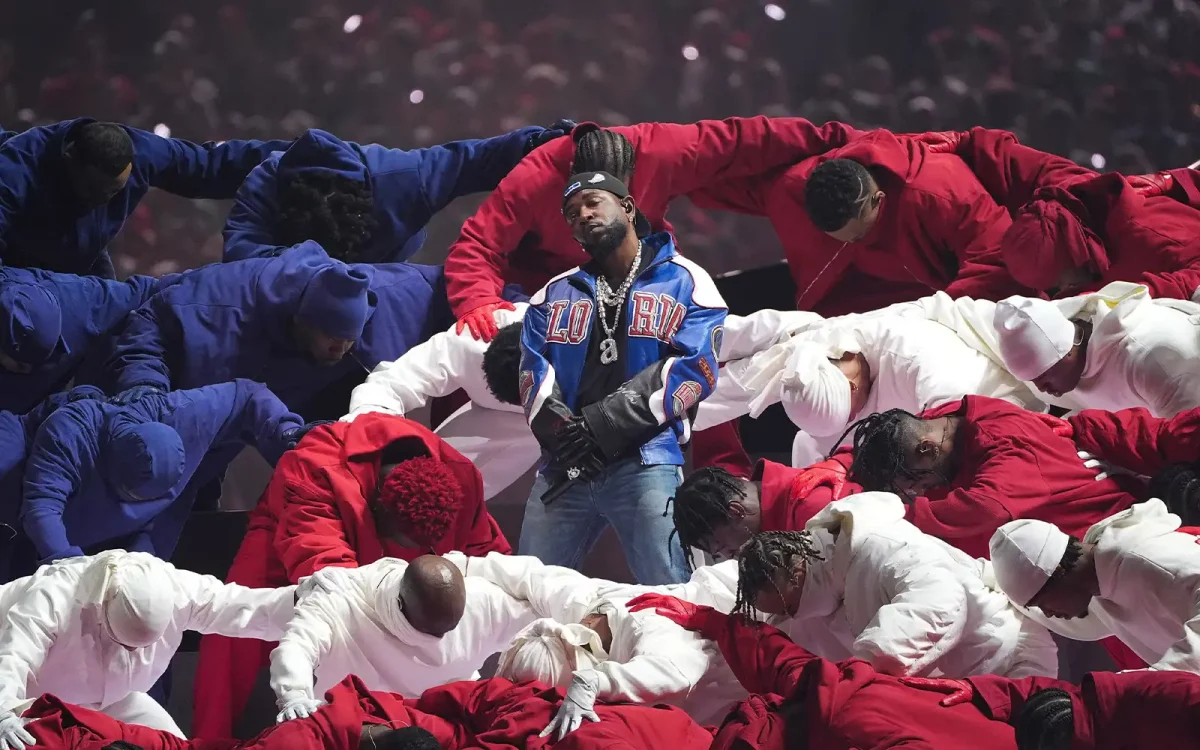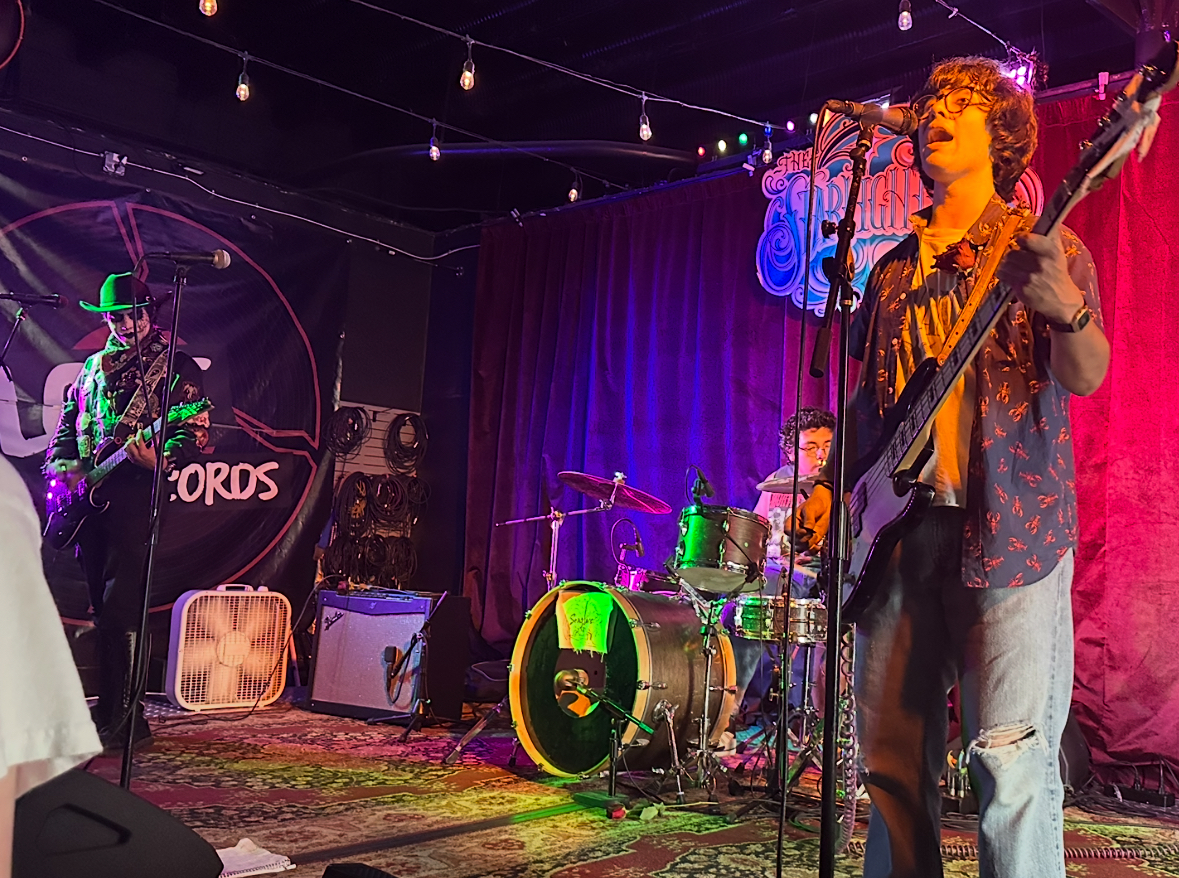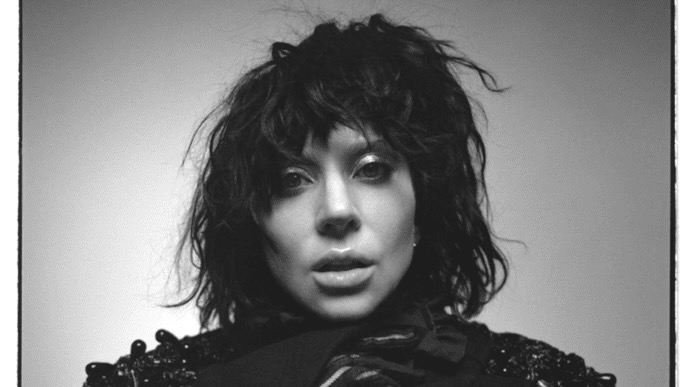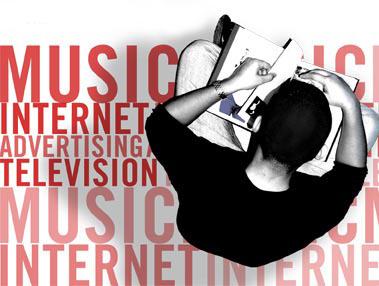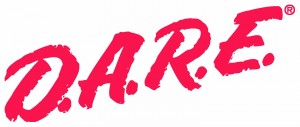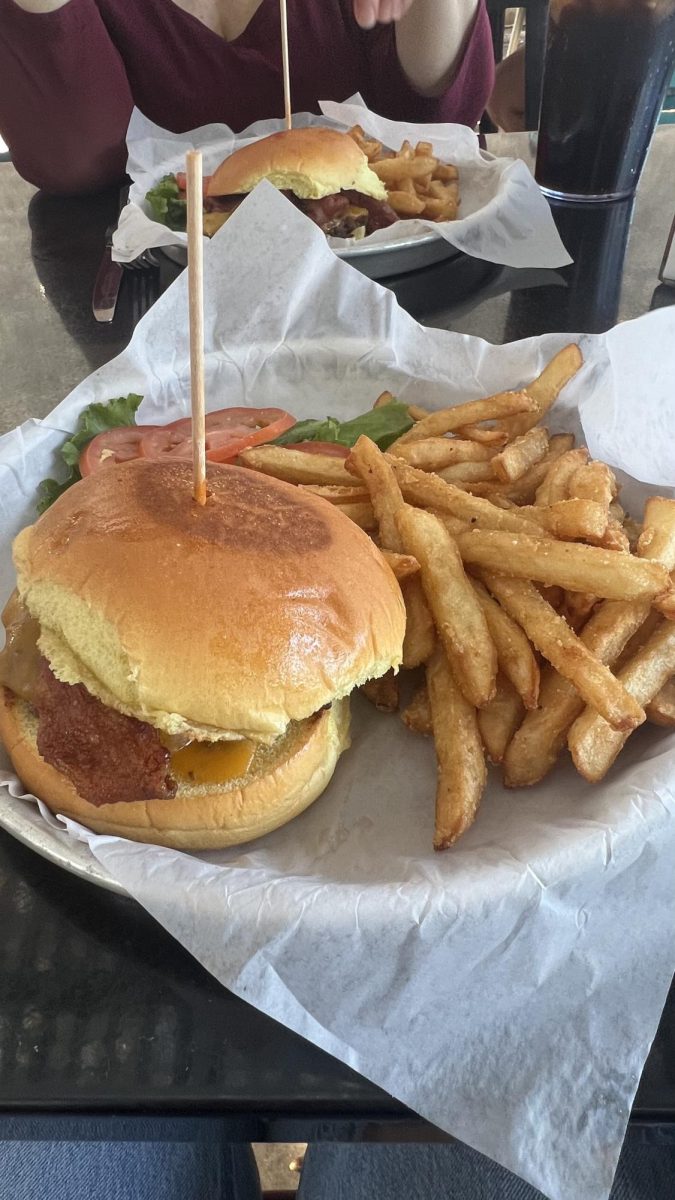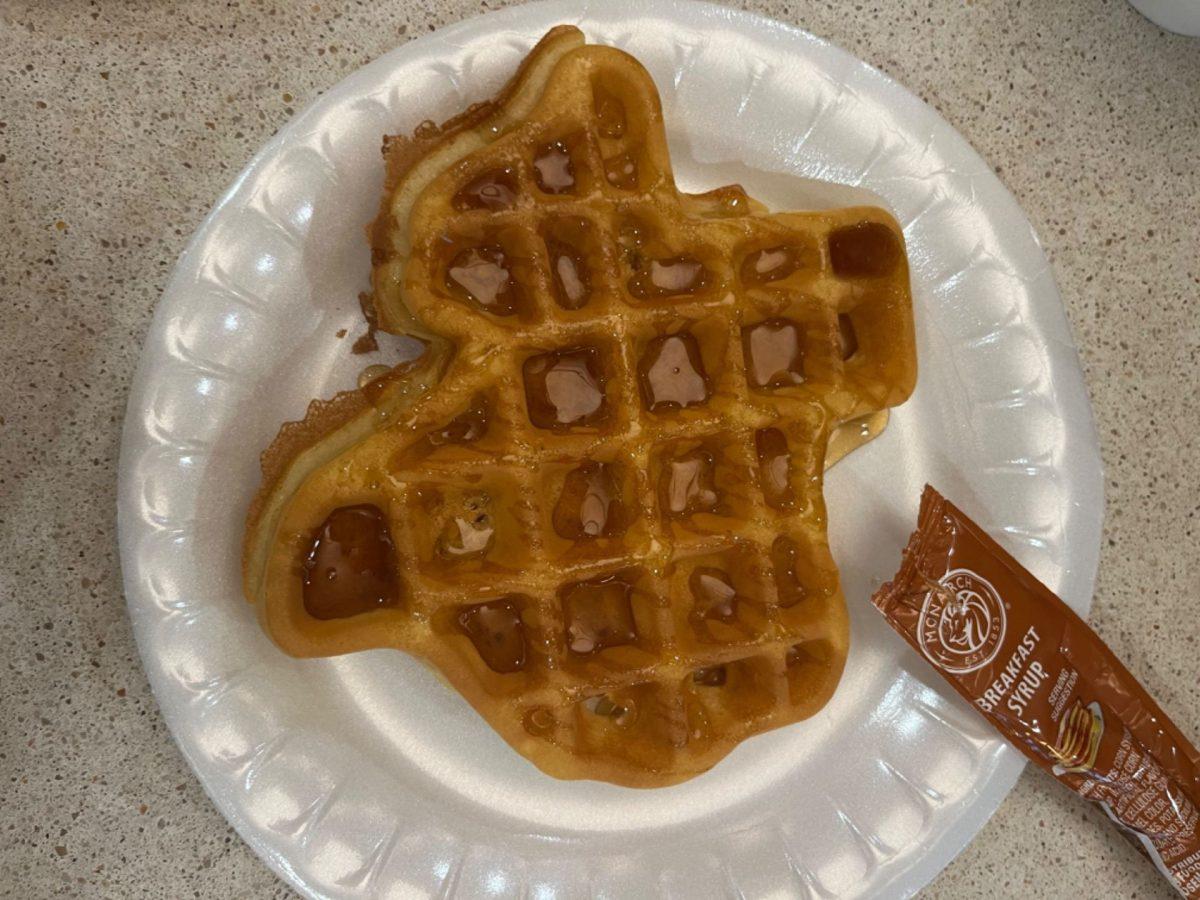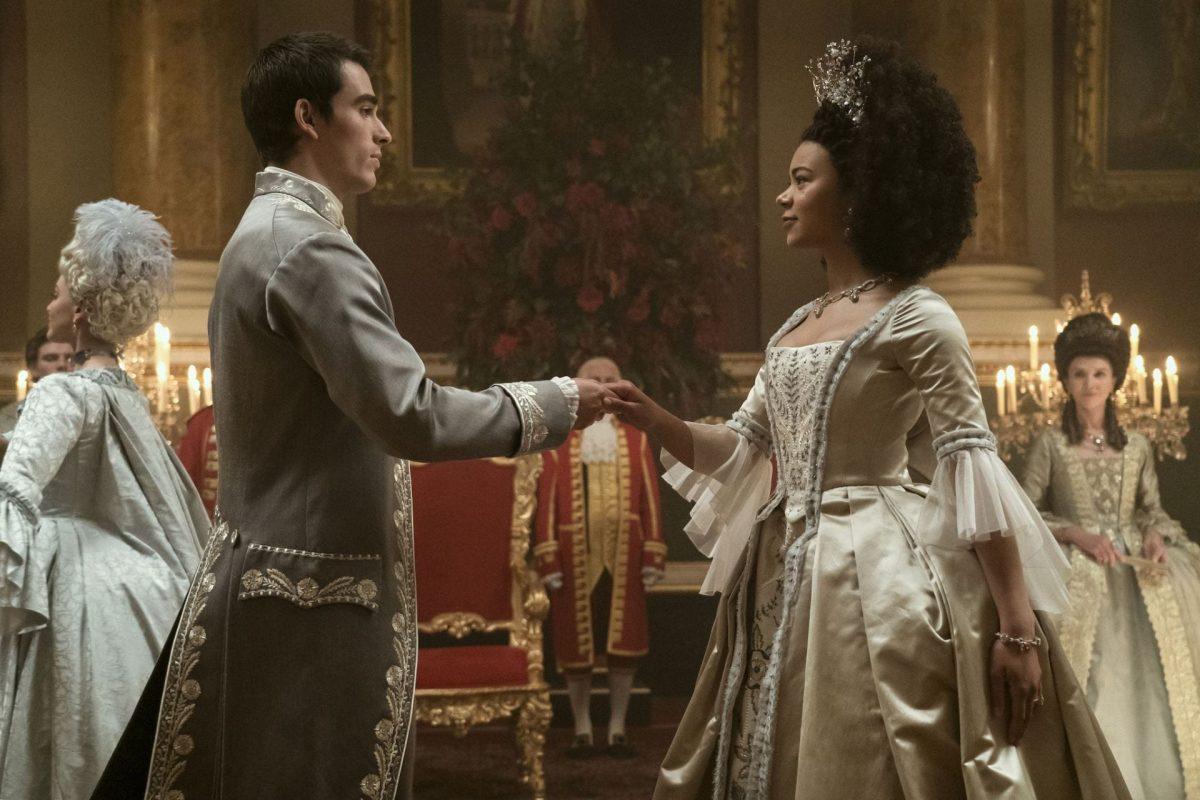Materialization in the Media
Since the ripe age of three, when I learned to walk, talk and comprehend more than the babbling baby language of bubbles and spit, my parents have told me to not do drugs. Plain and simple. Black and white. Text on paper: do not do drugs. It’s common sense that drugs would not only ruin my mental, physical, and social health, but the effects could and would ultimately kill me. I mean, if that wasn’t bad enough, my father a.k.a. Big Papa was a D.A.R.E (Drug Abuse Resistance Education) and G.R.E.A.T (Gang Resistance Education And Training) officer. For me, the pressure to be clean as a whistle was amplified. I can’t go a day looking at or hearing kids talk about drugs, alcohol, and partying without getting paranoid that my father, in his navy uniform cut with shiny-badged glory, would pop out of nowhere and lecture me on the consequences of it all! Drugs are bad; drugs are a huge no-no. However, growing up in what many refer to as the “technologically advanced generation”, it’s hard not to notice the way the media portrays drugs, substance abuse, the attributes of sex, and greed as a glorified state of wealth and not having to worry about the mediocrity of ‘normal’ life.
In most comedic, teenage-based Hollywood films, the directors and writers portray more of the good than the bad of drugs and alcohol. Although movies like The Wackness, starring Josh Peck, bring the whole of drug abuse, drug dealers, and the adolescence of poverty-ridden families into the man-made lime light, broadcasting its negativity, there are many other movies, such as Harold and Kumar, Pineapple Express (which I am guilty of loving), Tenacious D and the Pick of Destiny, Adventureland, Easy A, American Pie, and (the American adaptation of ) Skins that focus the ‘good’; the benefits, the feeling, the soaring, the ease of life, and the load of pressures from everyday life being lifted off your shoulder. These movies fail to mention the consequences, which range from mental instability to physical deterioration.
 Thanks to the media, teens now have a warped sense of how these things effect our everyday life. Because of these movies, we now have the mentality that drugs don’t harm us…I mean the kids from Skins are just fine, they are (literally) living the high life. You won’t be impregnated after one night of sexual activity…they didn’t on American Pie. And driving while intoxicated is okay, because there is just a slim chance that anything could happen. It may sound unrealistic, and you probably think that I am not giving teens enough credit, but almost everyday news anchors report on people overdosing, car accidents caused by drunk drivers, and teenage girls making pacts to become pregnant at young ages.
Thanks to the media, teens now have a warped sense of how these things effect our everyday life. Because of these movies, we now have the mentality that drugs don’t harm us…I mean the kids from Skins are just fine, they are (literally) living the high life. You won’t be impregnated after one night of sexual activity…they didn’t on American Pie. And driving while intoxicated is okay, because there is just a slim chance that anything could happen. It may sound unrealistic, and you probably think that I am not giving teens enough credit, but almost everyday news anchors report on people overdosing, car accidents caused by drunk drivers, and teenage girls making pacts to become pregnant at young ages.
Here are some statistics:
- An average drunk driver has driven 80 times before his first arrest
- 1 in 3 eighth graders drink alcohol
- 1 in 5 teenagers binge drink, but only 1 in 100 parents believe that their child does
- High school students who use alcohol or other substances are five times more likely to drop out of school or believe good grades are not important
- Percent of persons 12 years of age and over with any illicit drug use in the past month: 8.7% (2009)
- Percent of persons 12 years of age and over with marijuana use in the past month: 6.6% (2009)
- Percent of persons 12 years of age and over with any non-medical use of a psycho-therapeutic drug in the past month: 2.8% (2009)
- In 2006, 750,000 women younger than 20 became pregnant. The pregnancy rate was 71.5 pregnancies per 1,000 women aged 15–19, and pregnancies occurred among about 7% of women in this age-group
(stats from: http://www.madd.org/statistics/ and http://www.guttmacher.org/pubs/USTPtrends.pdf and http://www.cdc.gov/nchs/fastats/druguse.htm)
Doesn’t sound so unrealistic now, does it?
The question is: do these statistic have anything to do with the media and how they portray such amenities? Yes, but not always. The Hollywood media has a scary way of influencing the adolescent mind. When a young kid, who has no clue what is gong on in American Pie (a movie frequently broadcasted on Comedy Central, granted it is censored to an extent), sees the substance abuse, heavy partying, and sex-driven teens in action, it’s easy to be sucked into the idea that that is what teen life is about. I know that Hollywood’s intent is not to raise the drug, alcohol, and pregnancy rates (at least I hope it isn’t), and I understand that they use it for humor (I am guilty of laughing at the crude inappropriate jokes and sexual state of the humor), but maybe they should be more careful with what and how they broadcast these things. They may seem harmless right now, but when kids mimic the behaviors they see everywhere, the consequences can be fatal.
